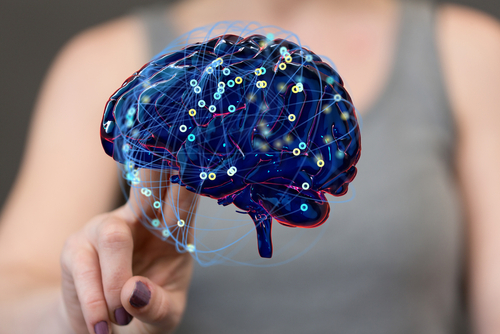Clinical Neuropsychology, also known as clinical neurology, is a sub-field of psychology where clinicians study and evaluate the relationships and overlap between thoughts and behavior. Clinical Neuropsychologists are responsible for a variety of elements including assessment, evaluation, treatment planning, rehabilitation, and treatment of patients with Alzheimer’s disease, multiple sclerosis, epilepsy, and other neurological conditions.
What are the Primary Responsibilities of a Clinical Neuropsychologist?
Clinical Neuropsychologists are specifically trained in the applied science of the brain-behavior relationship. Clinical Neuropsychologists use their knowledge and training in the direct assessment, diagnosis, treatment, and rehabilitation of patients who have neurological, medical, developmental, or psychiatric conditions. The services provided by Clinical Neuropsychologists typically include:
- Assessment (evaluation, diagnosis and formal psychological testing)
- Consultation with others professionals in diverse settings
- Intervention (treatment and prevention)
- Conduct of clinically-relevant research
- Supervision, teaching, and management activities (program development and administration)
Neuropsychology is a highly specialized sub-field of psychology that is concerned with how the brain and the nervous system influence a person’s thoughts and behaviors.
Where Do Clinical Neuropsychologists Typically Work?
Neuropsychologists work in a variety of settings ranging from private practice to various public sectors. Those individuals who conduct research are likely to be employed by a university or government research facilities. Individuals with a doctoral degree are qualified to fill academic appointments at colleges and universities. Clinical neuropsychologists might also work in a number of different healthcare settings, such as hospitals, clinics, long-term psychiatric care facilities and doctors offices. Some neuropsychologists opt to open private practices, where they can treat patients in their office or work on a consulting basis.
What Training is Needed to Become a Clinical Neuropsychologist?
While some states allow Clinical Neuropsychologists to hold a minimum of a Master’s Degree, most states require a doctoral degree in order for a clinical to become fully licensed. Many programs throughout the country offer accredited Doctoral Degrees in the specialized area of Clinical Neuropsychology. Most individuals who earn this advanced degree will also complete a residency, externship or internship in a placement relevant to the field.
How Much Money Can I Earn As a Clinical Neuropsychologist?
The salary of a Clinical Neuropsychologist varies depending upon a number of factors. Some of these include specialization, full-time versus part-time status, years in practice, degree earned, and region of practice. According to American Academy of Clinical Neuropsychology, the average salary of a Clinical Neuropsychologist in 2010 was $94,100 (the most recent survey).
Are There Any Professional Organizations for Clinical Neuropsychologists?
The American Board of Clinical Neuropsychology (ABCN) is a member board of the American Board of Professional Psychology (ABPP). The ABPP is primarily responsible for overseeing the credentialing activities of thirteen separate specialty boards in psychology. The ABCN is accountable for creating and implementing criteria for the definition and requirements for education, training, competencies, the examination that leads to Board Certification in Clinical Neuropsychology.
The field of Clinical Neuropsychology is in growing demand. As the Healthcare Industry booms throughout the United States, the demand for trained Neuropsychologists also grows. Skilled professionals who are able to assess, diagnose, and treat people with various neurological, physical or psychiatric conditions will continue to be of great need. The field of Clinical Neuropsychology is an interesting and exciting area of research, study and practice.

